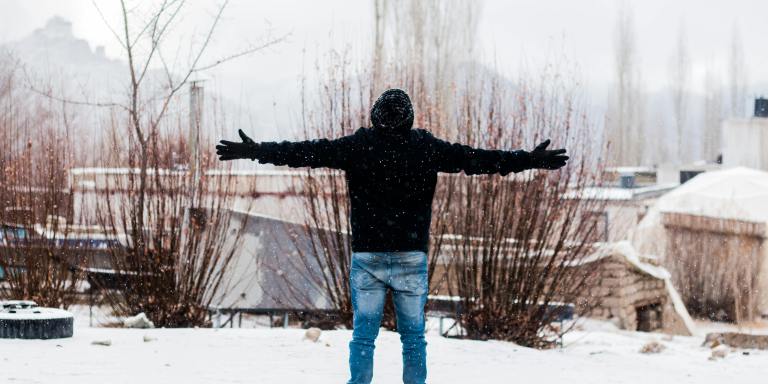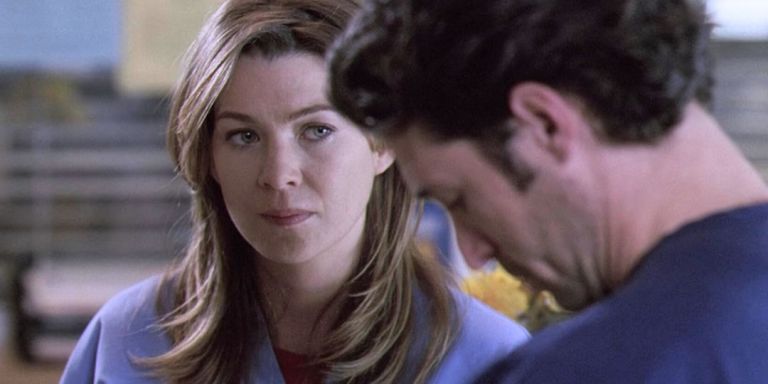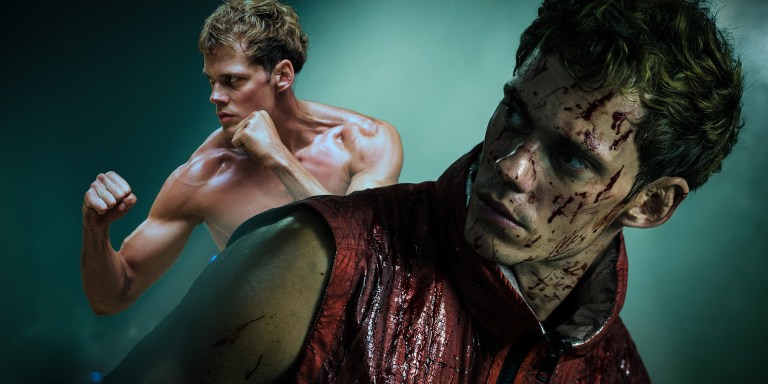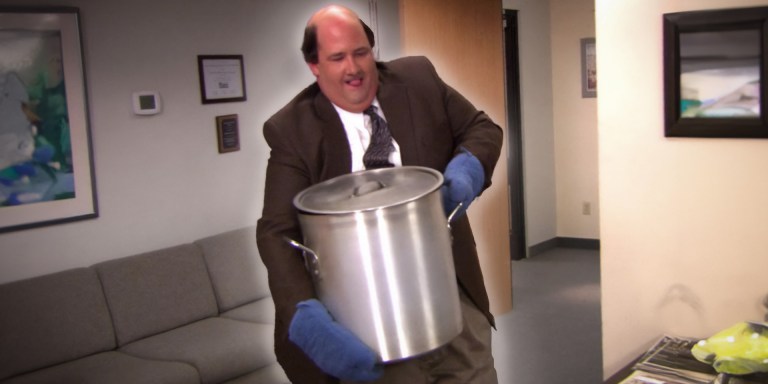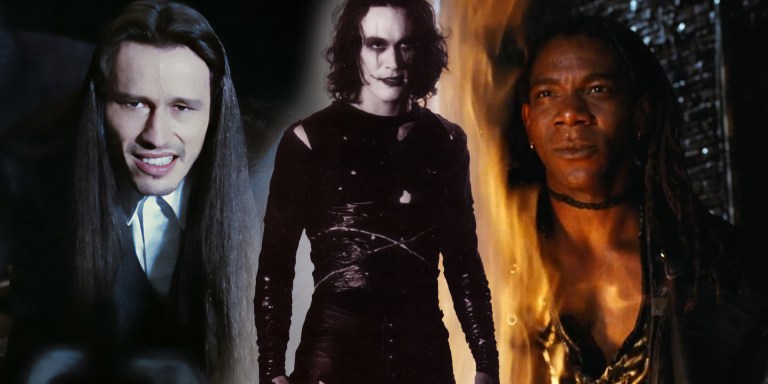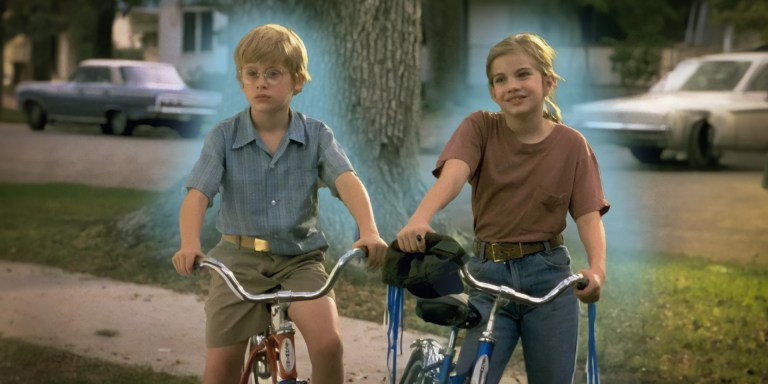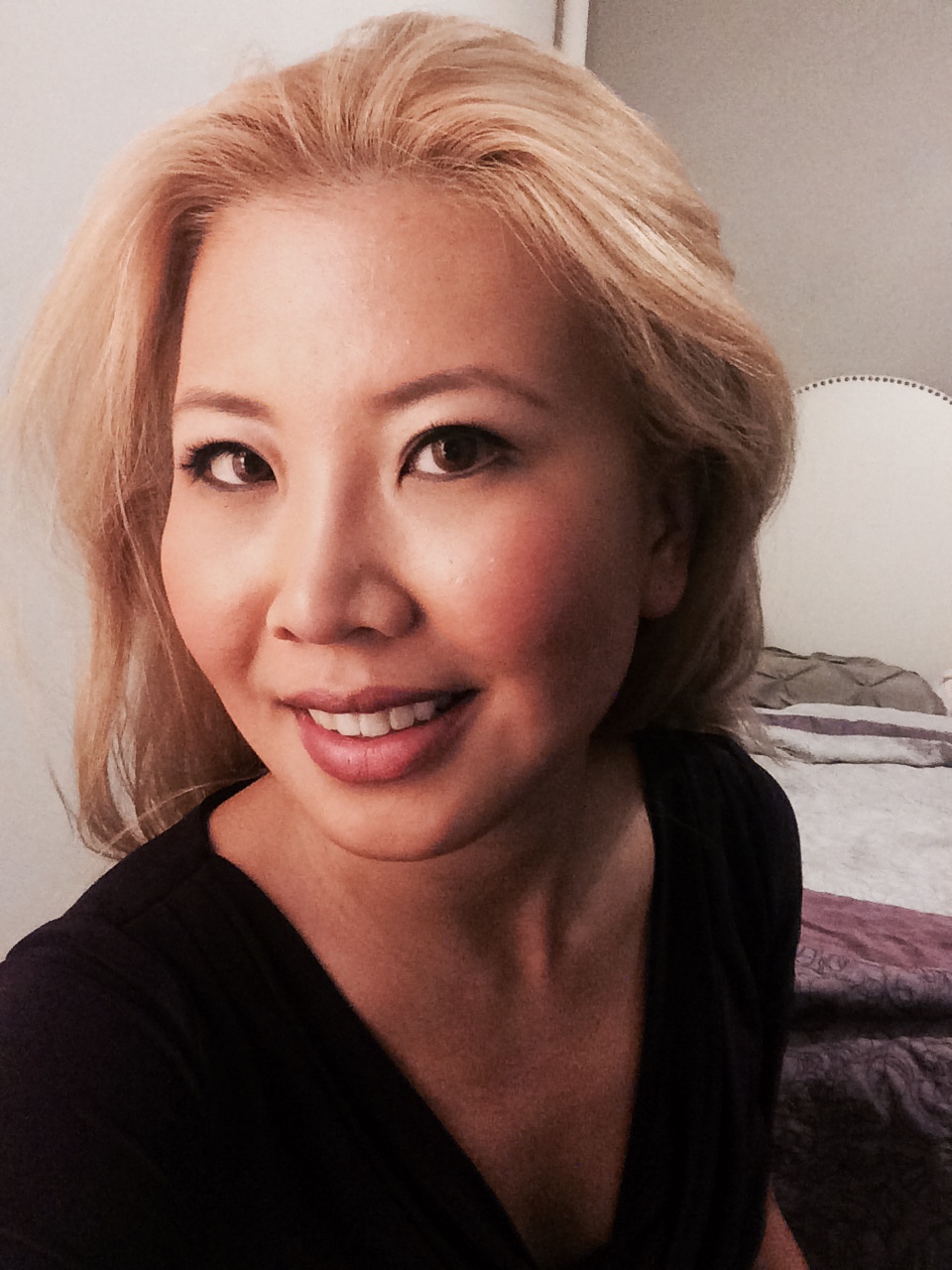
Now I know how celebrities feel when there’s a barrage of Twitter hate thrown their way on the web. Or columnists who have an online peanut gallery. In this day and age, while everyone’s entitled to their own opinion, anyone also becomes an automatic critic. I’ve learned the hard way wondering if someone would say or repeat something from behind a computer to your face. Modern-day commenters seem to find little difficulty attaching their social media profile to a negative statement.
Being in the spotlight these days can quickly turn into a quandary laced with commentary. I was filling in as a web host for a few weeks and after the first couple days, I decided to click into the blog comments where my video was embedded.
People weren’t just putting in their two cents about the content, but also about my looks. Why is she blonde, they asked? Orientals (by the way, that’s derogatory) or Asians don’t look good with orange hair, they said. She’s beautiful, but would look better if she was more natural, they added.
By definition, natural, according to Merriam-Webster means not made or caused by people, not containing anything artificial, not usual or expected. So I was caught there, technically. But who’s to say what is better? Hair is just hair, I thought, but I question whose hair is it anyways. People seem very polarized by a blonde Asian. I seem to be least attached to my hair and doing what I please with it, as random strangers beg me to go natural. At least it’s not boring I suppose.
Let’s go back to why I went blonde, since I’ve been asked by several acquaintances. I always wanted to go blonde, but I was scared for some reason. I decided to overcome this irrational fear and lighten up, literally. As a Korean American immigrant, I have permed and dyed my hair all kinds of colors since kindergarten. Hair is one of the first things we notice – like if someone’s bald or has frizzy hair in humid weather. The superficial serves an evolutionary purpose in our very physically-bent society, but for me, locks have also become a form of evolutionary expression. Yes, I questioned after my first stage of dark blondeness, am I denying my heritage by not having near-black, straight hair? But I’m a proud Asian Pacific American with a personal cultural history. So, why not?
At the root of it, the process is chemical and cosmetic. Hair dye was apparently first used by Egyptians as a personal fashion statement via berries and henna. In modern day America, L’Oreal Blanc brought bleaching powder to hair stylists. Consumers formed “Platinum Blonde” clubs! I raise my hand here: why restrict membership to just people who can “pull it off” because they’re from a different race or have a different skin tone?
The process from dark to light took a couple months. The bleaching was harsh, stinging my scalp at times. One makeup artist asked how blonde I wanted to go- I replied I’m not sure yet. She said: it’s like a boob job – you can’t stop wanting more. I think I could reach a limit; my last touch-up was eye-opening until I had a second-coating painted. From the beginning, I decided to open the envelope to discover when to stop pushing – going from brown to ginger red to now cornfield blonde. Whether ash or platinum is the next step, I have to be the most happy with the outcome, without external pressure. That is most authentic.
Korean American model Soo Joo Park said in an interview she hopes to transcend race in the industry: “I think after I bleached my hair, more people understood that I have a personality and I’m more than just a face.”
Maybe subconsciously I want to stand out, too. People exclaim how blonde I am. Yes, I do notice when they don’t add a compliment. I didn’t grow up with the idea of not saying anything if you don’t have anything nice to say. In fact, my family was direct, honest and critical – from an often brutal but more-so genuinely caring standpoint. So I messaged a picture to my parents and they texted their truth: you look great. Plus, my closest circle doesn’t see out of the ordinary, and only wants to see me beaming from the inside out.
After each post on the blog section, I kept digging into the comments section. It turned into a scab I was picking almost absentmindedly. I would brace myself and think: it’s not fair – what about all the brunettes who are fake blonde or the blondes who go dark? What if I went pink instead? I had to keep in mind this was the same community comparing an orangutan to the first family. It’s the price to pay for experimenting at a time in my life where I’m perhaps most open, visible and vulnerable.
Thankfully on Facebook there’s no “thumbs down” button (thanks Mark Zuckerburg). But I do have a professional, public page that got a few reactions after I had more national exposure. Of course with most judgment, the negative outshines the positive. After ignoring the criticism, I engaged in a polite and firm manner. I relayed my respect for their opinion. But it just incited a stronger reaction. I like to think I can see both sides to everything, but it seems on both ends, the unsolicited message is not necessarily conducive to constructive conversation.
As a sometimes more serious journalist I should not be distracting from the real news, and have people “laugh” at me. But I don’t want to retreat and give into others either. I remember at different points in my early life when I was mocked or targeted. Had I let a few words stick with and hurt me long-term I wouldn’t be where I am today. I stood up for myself as a young person when I swiftly eliminated sources of discomfort or naysayer nerve points by asking a teacher never to pair me up with a particular student in projects. Whatever is coming from the outside is more a reflection of how they see themselves in relation to the world than me. Bullying might bruise but won’t hurt forever. And there’s a mute function on Twitter.
The commenters may not see who I am, aside from my physical attributes. If I was ugly all over inside, could you still say I was pretty? Why can’t we focus on pointing out a good overall quality, like the effect of someone’s aura?
Without divulging details, I decided to ask my network for some words of encouragement. I was positively affected by the energy sent my way, reiterating how I make others who I’ve known for years still smile – zero mentions of my hair. The result was taking back ownership of my hairstylist’s actions.
Maybe I look alien but I feel alive in my own skin. It could grow thicker, like my full head of hair. In the end I appreciate the feedback for stirring this reflective piece. Fickle follicle impressions aside, it’s brought my attention to how people aren’t color-blind. I probably will keep transforming into different shades. Where I go next is a decision that has to come from within.
One friend said another Asian American remarked how brave I was to go blonde. A colleague said he didn’t recognize me but I looked great, like a Korean pop star.
My friend said I love your hair! It’s like you – golden. And I thought, yes, that’s not a color but a description. I canceled my next appointment I made hastily to maybe make the hair look ashier. I’m good with staying where I am now, ready to change again later. ![]()
